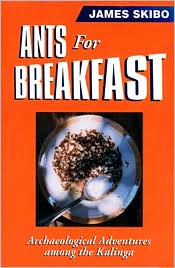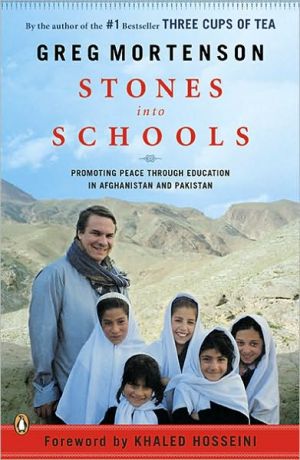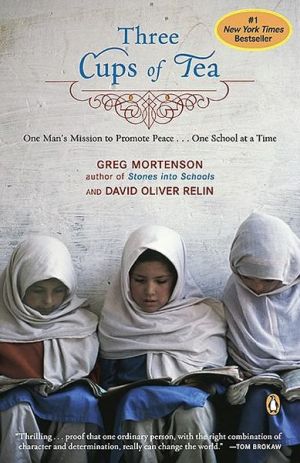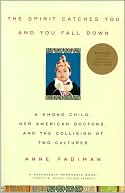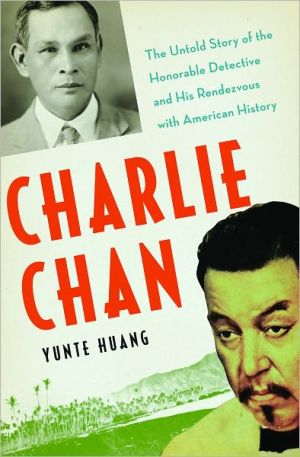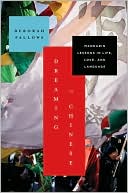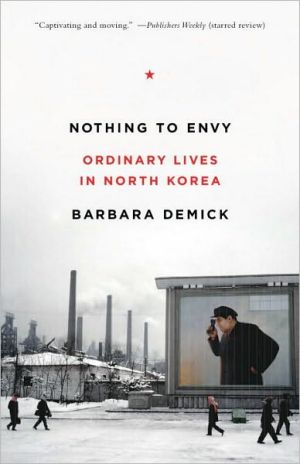Ants for Breakfast: Archaeological Adventures among the Kalinga
A view from the remote Philippine highlands where the author’s time in the kalinga homeland was packed with the elements of a thriller novel: mystery, danger, sex, violence, death—and research too!\ Ants for Breakfast is about the adventure of modern archaeology. Seeking insight into prehistoric pottery manufacture and use, archaeologist James Skibo traveled to the remote Phillippine highlands to live with the Kalinga people, once headhunters, and one of the few groups in the world who still...
Search in google:
Ants for Breakfast is about the adventure of modern archaeology. Seeking insight into prehistoric pottery manufacture and use, archaeologist James Skibo traveled to the remote Philippine highlands to live with the Kalinga people, once headhunters and one of the few groups in the world still using ceramics for cooking. James Skibo's time in the Kalinga homeland was packed with the elements of a thriller novel: mystery, danger, sex, violence, death. He was witness to a world both subtly and vastly different from his own. In the course of his story, Skibo links his experiences to the development of modern archaeology, and such topics as human evolution, the peopling of the world, animal domestication, cultural logic, food taboos, basketball, Indiana Jones, even Imelda Marcos. Publishers Weekly The Kalinga people inhabit a remote mountainous part of the Philippines, where they grow rice and use ceramics just as their neolithic forebears did. Skibo (Pottery Function), who teaches at Illinois State University, lived with the Kalinga for four months in 1988, hoping to understand their pots and bowls. Among the Kalinga, Skibo became a de facto emergency-room doctor, funerary assistant, basketball competitor, drinking companion, gong player and dispute-resolution specialist. Kalinga life in the '80s also featured elaborate oratory, drinking contests, occasional visits from gun-happy guerrillas, oversweet coffee and dishes made from ant eggs ("rather tasty") and boiled fruit bat. Relating his experience in the Philippines, Skibo writes a pleasantly laid-back prose, easy to understand if sometimes rambling. His frequent digressions fill readers in on local history and on archeological finds in the U.S. from the glacial period to the Spanish-American War and the career of ethnoarcheologist Billy Longacre, Skibo's friend and collaborator. Skibo's four months in the Philippines gave him plenty of anecdotes, but few real adventures. The people he studied are friendly, surprisingly accommodating and, fortunately, skillful at preserving their way of life. Skibo's account ends up neither eloquent nor detailed enough to enter the top rank of fieldwork memoirs. His anthropological stories will, however, charm readers who care about the Kalinga or about similar groups--or about their cookware. (Dec.) Copyright 1999 Cahners Business Information.
Prefacevii1.Living Archaeology12.Funerals Are Fun323.Once Were Headhunters614.Ants for Breakfast845.The Bamboo Classroom1096."Are We in Danger?"1277.What Goes in Must Come Out1428.Kalinga Justice1569.When a Town Gets a Road the People Go Crazy164Bibliography169Acknowledgments177About the Author179
\ From the Publisher“You’ll love his adventure packed tale, with its documenting of life among former headhunters.”—The Telluride Watch\ \ \ \ \ \ Publishers Weekly - Publisher's Weekly\ The Kalinga people inhabit a remote mountainous part of the Philippines, where they grow rice and use ceramics just as their neolithic forebears did. Skibo (Pottery Function), who teaches at Illinois State University, lived with the Kalinga for four months in 1988, hoping to understand their pots and bowls. Among the Kalinga, Skibo became a de facto emergency-room doctor, funerary assistant, basketball competitor, drinking companion, gong player and dispute-resolution specialist. Kalinga life in the '80s also featured elaborate oratory, drinking contests, occasional visits from gun-happy guerrillas, oversweet coffee and dishes made from ant eggs ("rather tasty") and boiled fruit bat. Relating his experience in the Philippines, Skibo writes a pleasantly laid-back prose, easy to understand if sometimes rambling. His frequent digressions fill readers in on local history and on archeological finds in the U.S. from the glacial period to the Spanish-American War and the career of ethnoarcheologist Billy Longacre, Skibo's friend and collaborator. Skibo's four months in the Philippines gave him plenty of anecdotes, but few real adventures. The people he studied are friendly, surprisingly accommodating and, fortunately, skillful at preserving their way of life. Skibo's account ends up neither eloquent nor detailed enough to enter the top rank of fieldwork memoirs. His anthropological stories will, however, charm readers who care about the Kalinga or about similar groups--or about their cookware. (Dec.) Copyright 1999 Cahners Business Information.\ \ \ BooknewsSkibo (anthropology, Illinois State U.) describes his adventures among the Philippines' Kalinga people<-->former headhunters and one of the few groups in the world still using ceramics for cooking. Annotation c. Book News, Inc., Portland, OR (booknews.com)\ \
